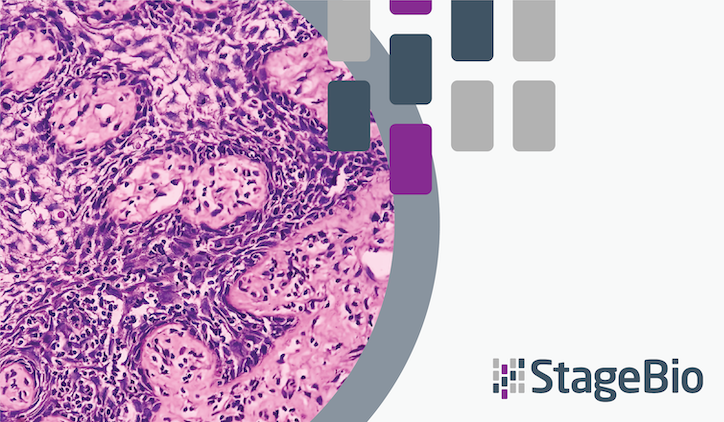The National Toxicology Program (NTP) has conducted more than 500 short-term and 2-year toxicology and carcinogenicity studies in rodents: throughout the course of these studies, several chemicals tested contributed to the development of oral cancer.
Prior to joining the team at StageBio, Senior Pathologist Amy Brix, DVM, PhD, DACVP, worked as part of a team to review the results of the NTP studies and identify the chemicals that either had an adverse effect on the oral cavity or demonstrated a clear carcinogenicity effect.
By the end of the review project, 26 chemicals were identified to have an adverse effect, while 14 chemicals were found to demonstrate carcinogenicity in the oral cavity.
The findings of this review were compiled and published in SAGE Journal’s Toxicologic Pathology, as an article titled, “Chemical-Induced Oral Squamous Cell Neoplasms in Rodents: An Overview of NTP 2-Year Cancer Studies.”
The article can be accessed here. It provides information on the 30 identified chemicals, including a detailed writeup on the morphologic aspects of the oral cancers caused. Additionally, the article posits that various pathological modes of action can induce the carcinogenic effects of these chemicals.
Access “Chemical-Induced Oral Squamous Cell Neoplasms in Rodents: An Overview of NTP 2-Year Cancer Studies” to read the review’s findings.
.
